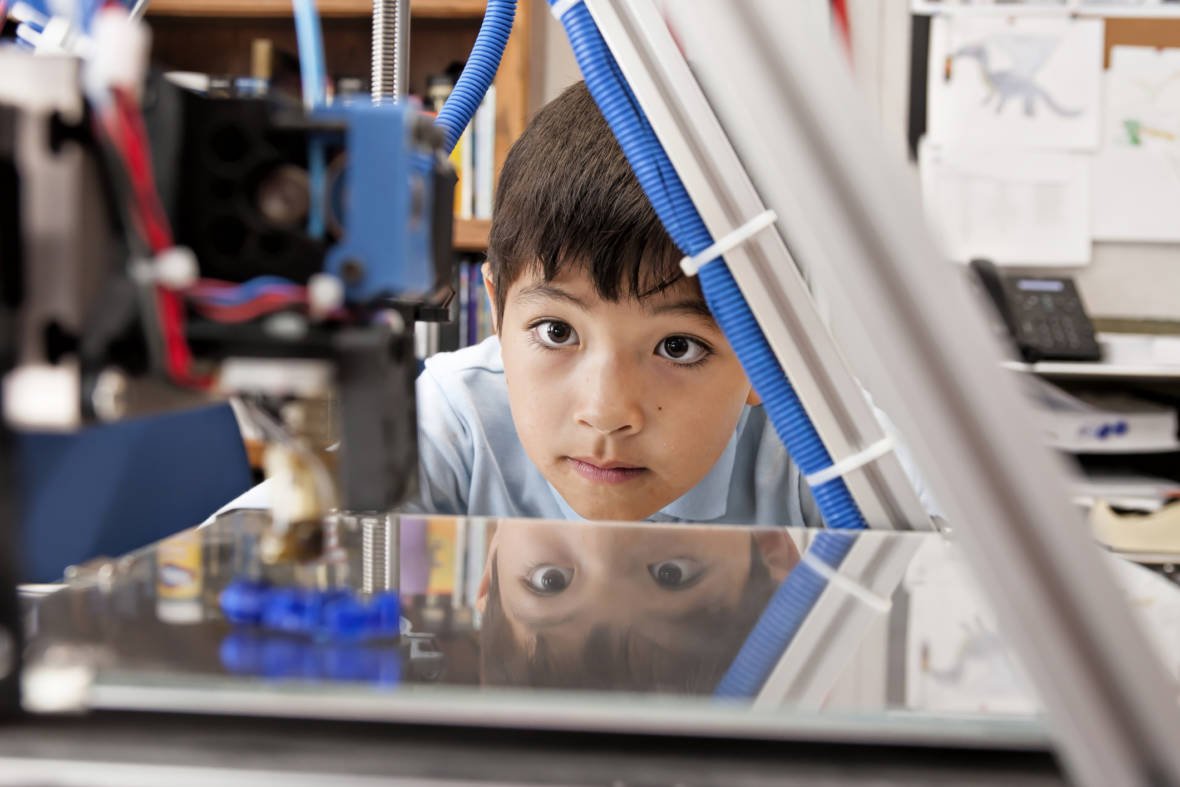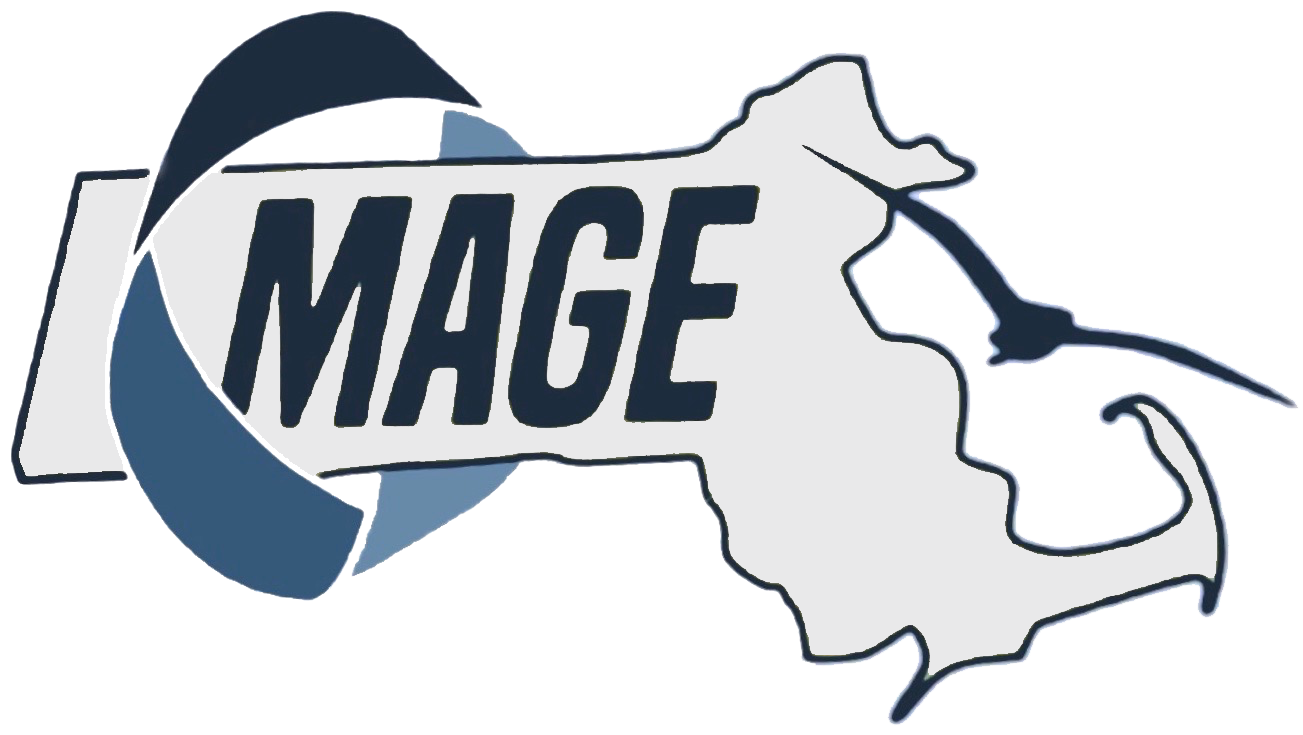
Articles & Research
A growing repository of articles and research related to gifted education in Massachusetts and beyond.
These links are being provided as a convenience and for informational purposes only; they do not constitute an endorsement or an approval by MAGE of any of the products, services, or opinions of the corporation or organization, or individual. While we strive to keep this up to date, if any links to outside organizations are not working, try searching for the description of the resource in a search engine like Google.
Looking for resources?
Click here for a collection of resources including book recommendations, curriculum, enrichment, higher education, classroom tools, and more. Keep scrolling for links to editorials and papers.
Links will open in a new window.

The Gifted Mask: A Student Speaks
The Gifted Mask: A Student Speaks. Written by a gifted child, about her experience of masking her exceptionality


Gifted and talented programs are vanishing from schools. That’s a bigger problem than you think.
Kara Miller of the Boston Globe explores the declining excellence in education

An Oldie but Goodie: Harrison Bergeron by Kurt Vonnegot
If we want to make everyone equal, we lose our individuality. Let us celebrate our differences instead.



The Fordham Institute: National Working Group on Advanced Education: Summary of third meeting. Integrating Equity and Excellence
How do we integrate concepts of equity with excellence so that the narrative also encompasses the principle of quality education for all? What is the best way, for example, to conceptualize programs for advanced learners that signals more equity and inclusivity and is more politically palatable? What is the best language to use? In particular, what are alternatives to the terms “gifted education,” “ability grouping,” and “tracking”?

The Wicked Smaht Kids: Seeking an Adequate Public Education for Gifted Elementary and Secondary Students in Massachusetts
This Note argues that the Massachusetts legislature underserves highly intellectually gifted students by neither identifying nor supporting the unique needs of such a population. The legislature is both enabled by the state constitution and charged by the Education Reform Act to provide an adequate education to all elementary and secondary students. The stated intent of the Commonwealth’s education directive purports to provide every child “the opportunity to reach their full potential,” when in reality there are only statutory entitlements and procedural safeguards for those who qualify for federal mandates due to qualifying disabilities. This issue is ripe for judicial interpretation and/or legislative review to identify and support this population of students. This Note proposes that legislation should be adopted that identifies gifted students and encourages local school districts to provide opportunity for challenge and engagement matched to their unique potential. Such proposed legislation has numerous public policy advantages.

Research Shows That Many High Achieving High School Students Do Not Attend College: Strategic Data Project Provides Additional Findings on College-Going Patterns
Cambridge, MA. (December 17, 2012) – According to findings released today by researchers at the Strategic Data Project (SDP), as many as 16 percent of the students in SDP partner districts who are high achieving, as indicated by superior grades and SAT scores, do not attend college once they complete high school. In addition, some high-achieving students who do attend college but opt to enroll in less selective postsecondary schools meet with less success than those who choose more selective colleges and universities.

Stop Eliminating Gifted Programs and Calling It ‘Equity’
The case for expanding opportunities for brilliant Black and brown children.

Why So Many Gifted Yet Struggling Students Are Hidden In Plain Sight (an interview with Scott Barry Kaufman)
Scott Barry Kaufman was placed in special education classes as a kid. He struggled with auditory information processing and with anxiety.
Now he's a psychologist who cares passionately about a holistic approach to education, one that recognizes the capacity within each child. He recently edited a volume of experts writing about how to reach students like himself: Twice Exceptional: Supporting And Educating Bright And Creative Students With Learning Difficulties.

Top 20 Principles from Psychology for PreK-12 Creative, Talented and Gifted Students' Teaching and
Principles from psychology to enhance pre-K to 12 teaching and learning.

Sensory Sensitivities of Gifted Children
Gifted children often display sensitivities to their environment that vary from those of the general population. Data were gathered on 6- to 11-year-old gifted children attending a public elementary school gifted program. Parents completed Dunn's (1999) Sensory Profile questionnaire regarding their child. Two primary analyses were conducted: (1) a comparison of the gifted children's sensory sensitivity with Sensory Profile norms and (2) an examination of the internal consistency of the Sensory Profile for the gifted sample. Gifted children were more sensitive to their environment and reacted with heightened emotional and behavioral responses than did children of average intelligence. Internal consistencies for the 14 Sensory Profile sections and the Sensory Profile factors for the gifted sample were found to be equal to the reported norms of the Sensory Profile. These findings further support that gifted children may have important sensory modulation differences and add to our understanding of gifted children

Reach for the Stars: Three Tips for Helping Your Gifted Child Plan for College
Although gifted children excel in academics, their growth can sometimes be stunted in the classroom. Most of a teacher's attention is spent on struggling students and this leaves little time for them to help further develop A-students. This inattention is also evident when gifted students start getting ready for college. They're typically expected to easily get into their first choice college based on their grades, and therefore schools do not take the necessary steps to prepare each and every student. However, straight A students need just as much attention and college prep as any other student and if you're a parent of a gifted student, you will want to do everything possible to ensure they get into the college of their dreams. So, don't let the schools cheat your student and check out these helpful tips for getting your child ready for the rest of his or her life.


Dear Teacher, My Gifted Child is in Your Class
Celi Trépanier shares a letter to her child’s teacher at the stat of a new school year.

Are Kids Missing Out By Not Skipping A Grade?
Skipping grades used to be a common strategy to keep gifted or very bright children engaged in learning; it was a simple intervention that worked well when schools were smaller, more flexible and lacking enrichment programs. But today, according to a recent report by researchers at Johns Hopkins University, just 1 percent of students jumps a grade level.

Are gifted students now an underserved population?
With the federal focus on bringing all students to minimum proficiency, high achievers might not get the challenges they need. Here’s one way to change that.

